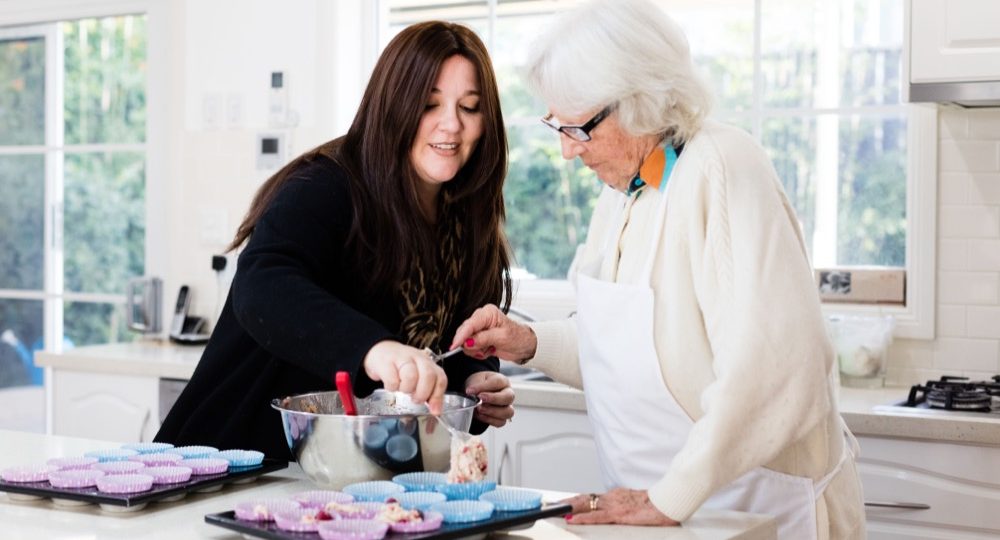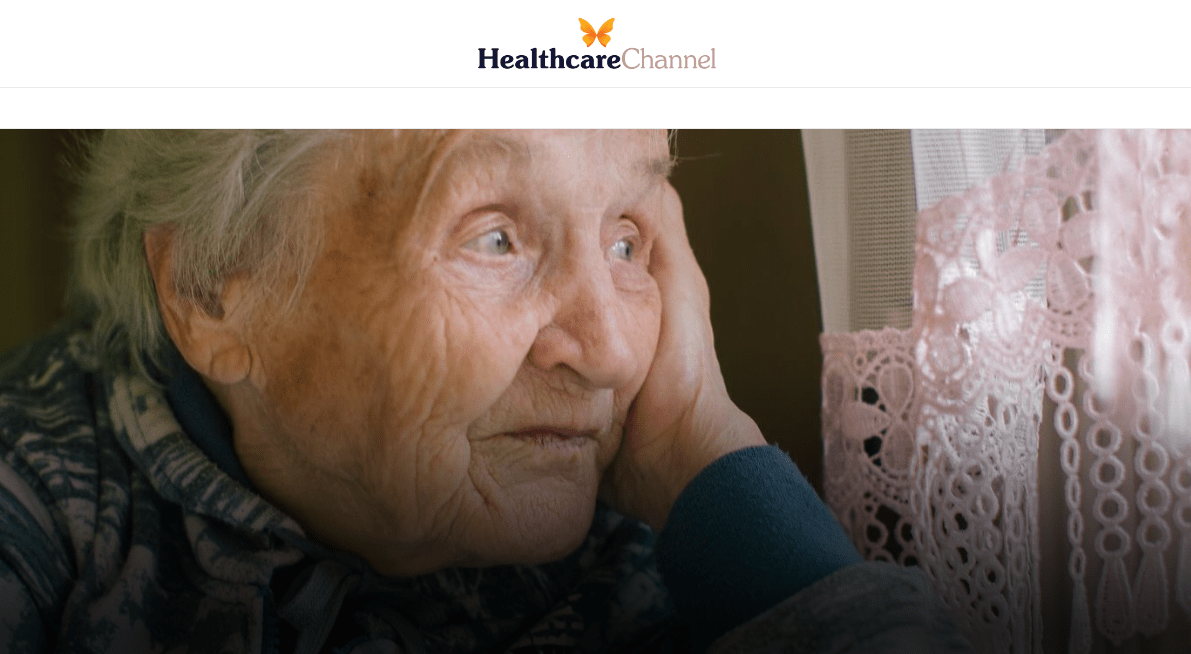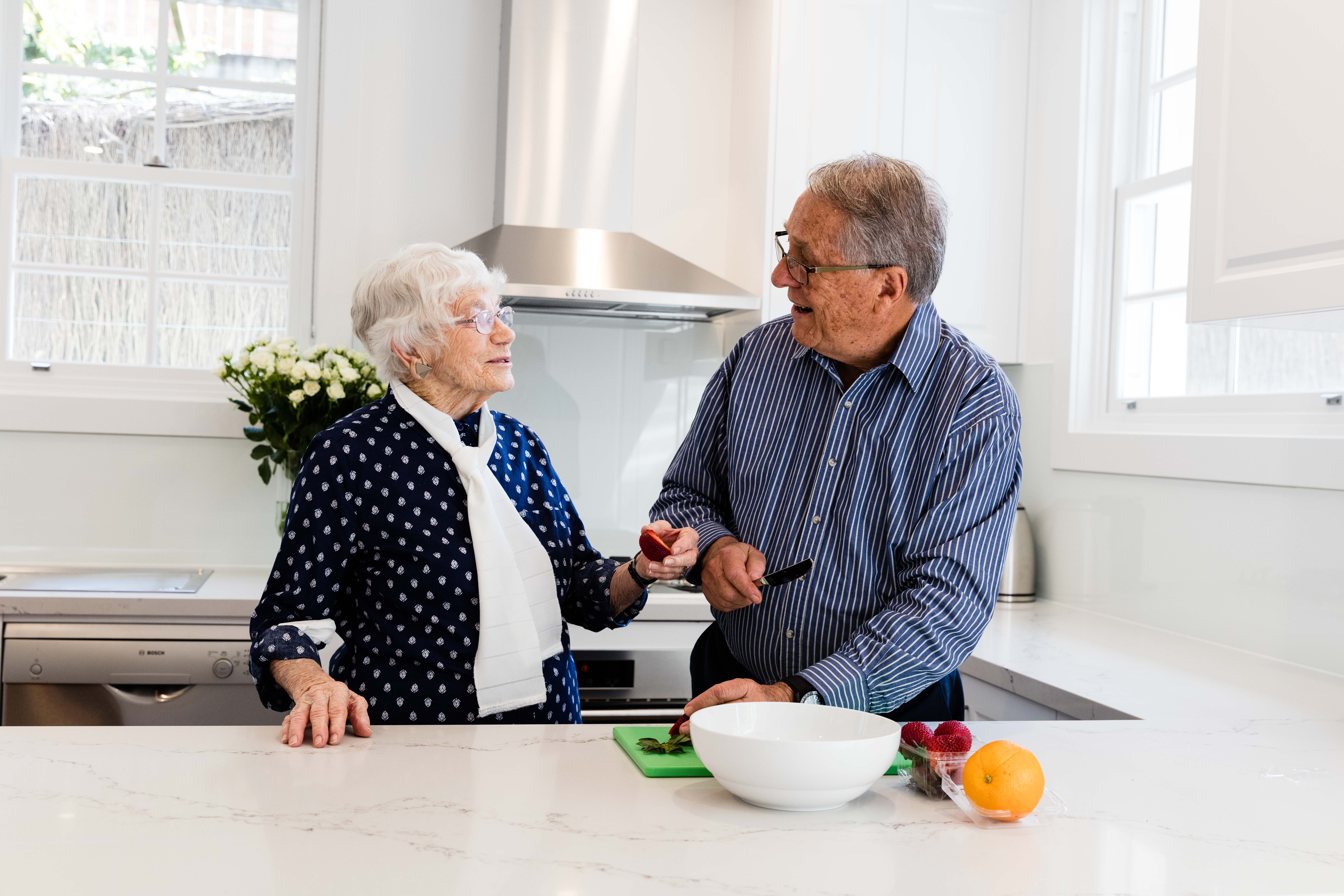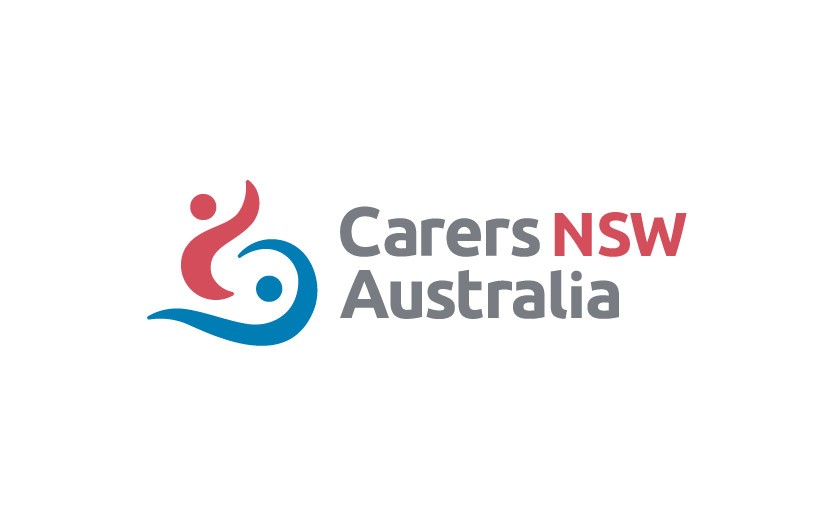There are two things that we know to be true about dementia: it involves parts of the brain dying, and the deterioration is progressive – which means things get worse over time.
What does this mean from month to month, and year to year, for the person living with dementia, and families too? How can families know what to expect?
This interview on a care partner’s mindset from Founder of Group Homes Australia, Tamar Krebs
To begin, I want to encourage families to think about dementia not so much as having ‘stages’ – for example, describing a person as being in the early, middle or late stages of dementia. Instead, think about having a framework you can apply as the dementia progresses. Whether a person has been diagnosed recently or living with dementia for years, the same framework applies.
In this post I want to share that framework with you: it consists of six ideas to support families as they learn to live with the progressive nature of dementia.
Adapt to interact
Learning more about dementia and how to connect with people with dementia can help with facing fears and promoting humanised care. The person living with dementia is doing the best that they can: families, friends, care staff and whole communities need to adapt.
Learning how to adapt our care, approach and living environments can have a huge impact. We know that we can create physical spaces and places that enable people living with dementia to flourish.
Accept that things keep changing
With dementia, all along the way, something’s changing. It’s not a disease that you can see: you can’t point to signs of physical change. But change is happening all the same.
Just as family and friends are coming to terms with a diagnosis of dementia, or supporting the person living with dementia, things change again – either directly because of the dementia, or other challenges which make things worse (like an infection, or depression for example).
Accepting the inevitability of this constant change, rather than railing against it, can help.
Be curious
For families, the ability to remain curious is essential: being able to explore today for today, will allow us to really see the person living with dementia in the moment, and we will be able to identify what has changed for them.
Families need to be mindful and prepared to learn each day by listening to what the person with dementia is trying to tell them.
Accept the here and now
Because it’s a progressive illness, every day can be different. What worked today may not work tomorrow. What didn’t work yesterday might work today. Acceptance of the here and now is what matters: ‘Today is going to be for today, and what tomorrow brings, I will adapt and adjust to tomorrow.’
What’s important is to remember that you are going on a journey with the person living with dementia.
Rather than saying ‘This is how I take care of mum..’, it’s more a case of ‘This has worked well today…’.
Cherish what remains
We have a choice, as care partners or as families: we can focus on the loss, or we can focus on what is maintained. What is the person still able to do?
We can’t expect the person with dementia to adapt and change. The person caring for someone with dementia needs to adapt, and this needs to be ongoing in order to nurture what the person can still do.
Share updates
With families, usually each member has a slightly different perspective on what is going on with the person living with dementia.
Each person needs to accept that what they’re seeing is just a snapshot, which might change hour by hour. For example, if you interact with someone in the morning they might be really sharp, and then towards the afternoon they might get tired and become more disoriented.
It’s important to share updates and information with other family members, including what’s worked well and not so well.
Create a network of support.
The last word
For families, it’s almost impossible to live with a steady comfort level – the dementia keeps progressing.
Don’t assume that each day is going to be the same. Remain curious and share with others what’s going on.
If we can assist with answering any further questions, please don’t hesitate to contact our Resident Relations Manager for support on 1300 015 406 or email Group Homes Australia Home Support Office.







0 Comments